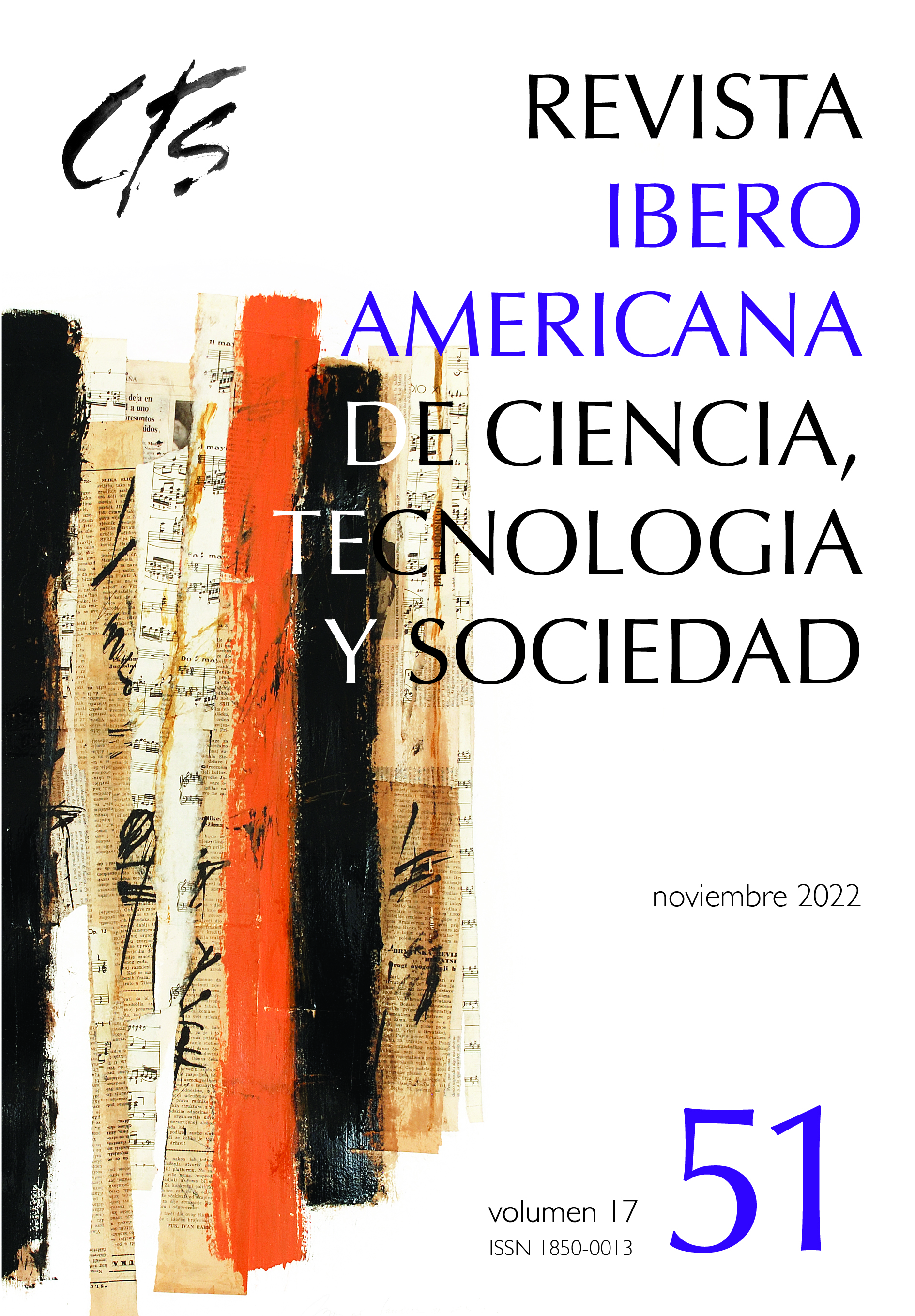Cooperative Mechanisms in the Implementation of Science and Technology Policies: An Analysis of LENERSE from the Perspective of Complex Associative Systems
Keywords:
renewable energies, S&T policies, university governance, complex associative systemAbstract
This article analyzes the Southeast Renewable Energy Laboratory (LENERSE, due to its initials in Spanish), a pioneer initiative in scientific research on this topic, based on a collaborative structure. It inquires about the conditions that have allowed this laboratory to generate cooperative mechanisms to fulfill its main purpose as an instrument of regional scientific and technological policy. The theoretical framework is that of complex associative systems, a governance approach focused on understanding the associative efforts among actors linked around a common purpose. The research methodology was qualitative and based on a case study. It was found that, although there are shared objectives and exchanges that have kept the network integrated, there are also tensions derived from the lack of leadership and representation, heterogeneity among members and the pressure imposed by traditional and technocentric scientific evaluation mechanisms. For the stakeholders, remarkable results have been achieved, related to the generation of scientific and technological supply capacities in renewable energies. However, there are important challenges to broaden the social and political participation of the laboratory in the regional processes of energy transition.
Downloads
Downloads
Published
How to Cite
Issue
Section
License
Copyright (c) 2022 CC Attribution 4.0

This work is licensed under a Creative Commons Attribution 4.0 International License.
All CTS's issues and academic articles are under a CC-BY license.
Since 2007, CTS has provided open and free access to all its contents, including the complete archive of its quarterly edition and the different products presented in its electronic platform. This decision is based on the belief that offering free access to published materials helps to build a greater and better exchange of knowledge.
In turn, for the quarterly edition, CTS allows institutional and thematic repositories, as well as personal web pages, to self-archive articles in their post-print or editorial version, immediately after the publication of the final version of each issue and under the condition that a link to the original source will be incorporated into the self-archive.











